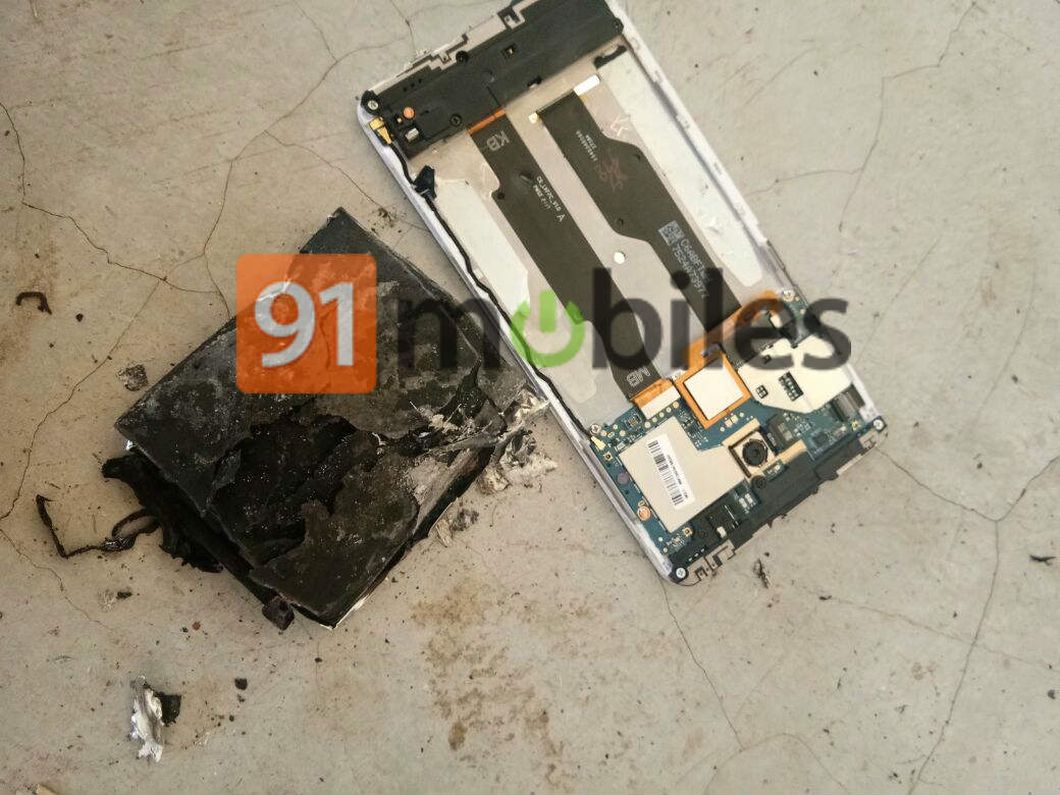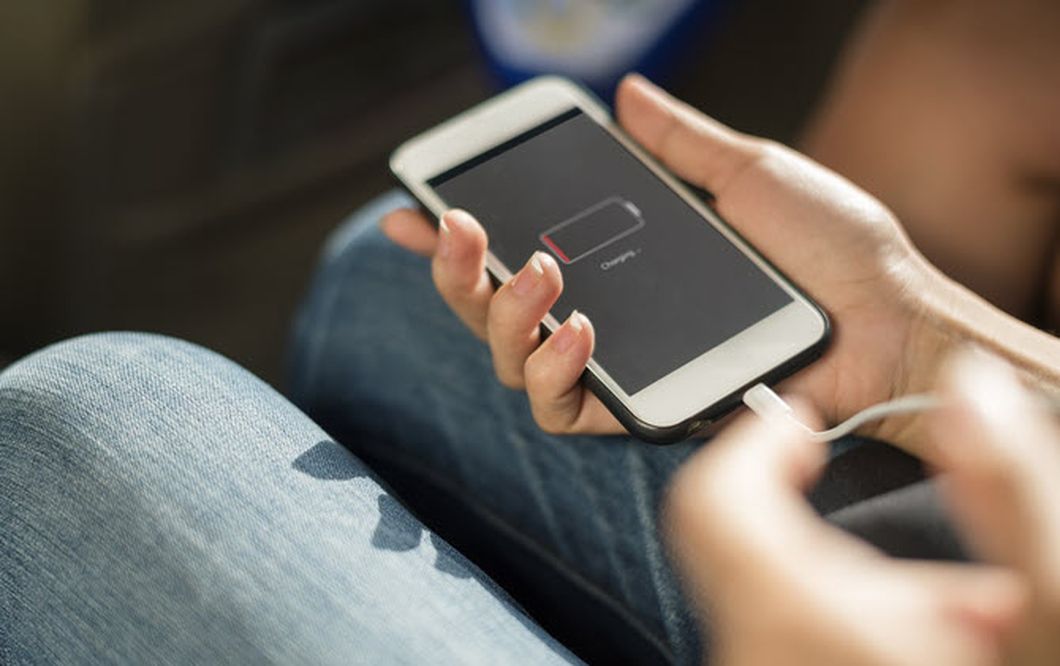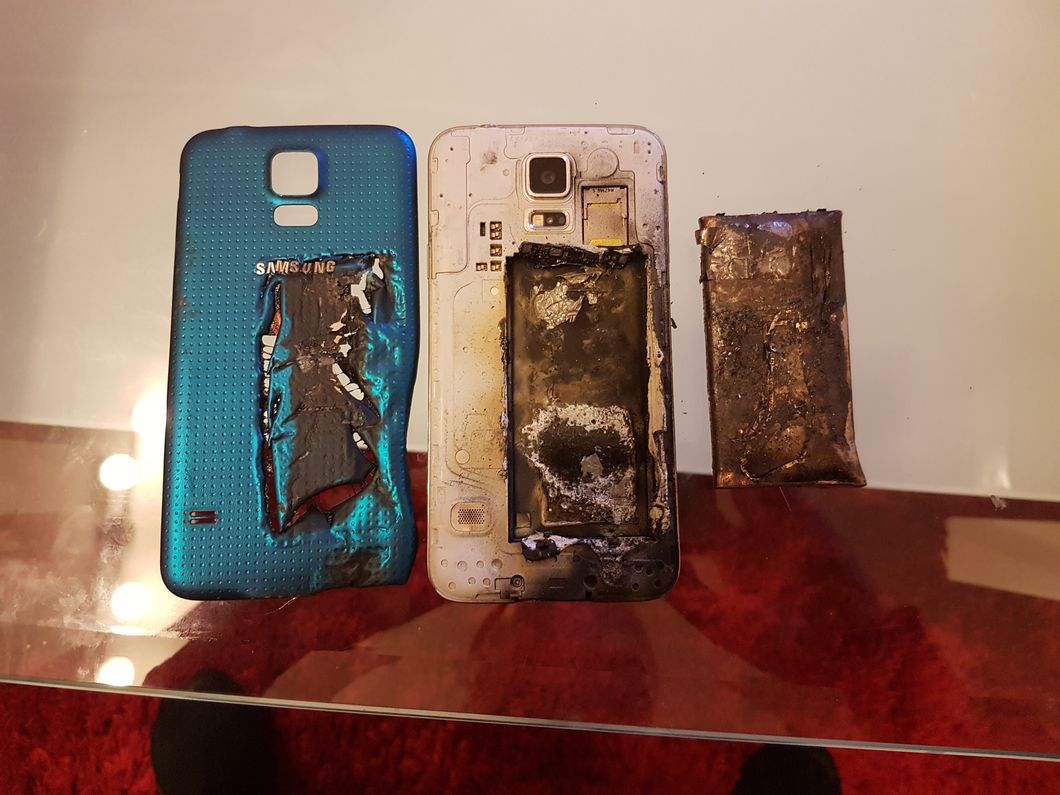
The recent incidents of the OnePlus Nord 2 blast may have got you wondering why a smartphone explodes. We have compiled a list of 8 such reasons and what can you do to avoid them. Smart as they are, smartphones – however premium they may be – are susceptible to exploding batteries. Remember the Galaxy Note 7 fiasco that left Samsung red-faced and forced to recall millions of units following over 35 cases of the smartphone exploding? Things haven’t stopped there – every now and again we hear reports of the phone, irrespective of the manufacturer, catching fire or bursting. In some cases, the incident has even claimed the life of the users.
Table of Contents
8 reasons why a smartphone explodes
1. Manufacturing defect

A defect in manufacturing is the primary reason why phones explode. The Lithium-ion battery that powers the handset needs to be properly tested before it’s shipped. A wrong component or a fault in the assembly line can cause the battery to malfunction and, in turn, explode. This usually happens when the cells inside the battery reach a critical temperature (due to external heat, overcharging, damage, or poor manufacturing), resulting in thermal runaway. It’s believed that cheaper batteries have higher chances of running into a short circuit.
2. Physical damage to the battery

The second reason why the phone explodes is the physical condition of the battery. At times when a phone is dropped, it can cause damage to the battery. This can alter the internal mechanical or chemical structure of the battery – leading to short-circuit, overheating, and more. Once the battery is damaged, it often swells, which is a reason enough for you to throw it out and buy a new one. With modern-day smartphones, you can tell the swelling by looking closely at the back panel. If it’s heaved, waste no time and rush to the service centre for a replacement.
3. Using third-party chargers

This is a common mistake most of us make. Charging a phone other than the proprietor’s charger can be dangerous. Third-party chargers more often than not lack the specifications that the handset requires. While they may look the same, the cheap or uncertified chargers can overheat the phone, damage the internal components, and lead to “bubbles” or shorts in your phone’s battery.
4. Overnight charging

There are other reasons as well why the battery overheats, apart from the damage or using third-party chargers. Chief among them is the overnight charging. Most of us have this habit of putting the phone on charging while going to sleep. This takes a toll on the battery as charging it excessively can result in overheating, overcharging, short-circuit, and at times, explosion. Many smartphones now come with a chip that stops the flow of current when the battery level is 100 percent. However, there are still a handful of affordable handsets that lacks the feature and that’s the reason why you hear reports of the phone bursting while the user was in bed.
5. Processor overload

The processor can also contribute to your phone naturally heating up. The chipset, even the most powerful one, has thermal issues during multi-tasking and running apps with heavy graphics such as PUBG. To counter this, OEMs have started adding a thermal lock feature or thermal paste to keep the handset’s heat in check. But in many cases this does not happen, the thermal lock fails and the phone blasts.
6. Phone left in the car, in direct sunlight, etc

Too much heat can ruin the phone’s battery. The cells become a bit unstable, lose exothermic breakdown, and produce gases like oxygen and carbon dioxide. These gases can cause the battery to swell, compromise its structure, and eventually, explode. Therefore, it’s advised not to leave the handset in a hot car and keep it under direct sunlight for an extended period.
7. Battery coming in contact with water

A battery bursting due to water was prevalent when the handsets weren’t waterproof. These days even the most affordable handsets out there come with at least splash-resistant coating that keeps the water as much as it can at bay. However, if you still want a feel of it, combine a cheap smartphone with a punctured battery that lets the water in, and you’ve got a recipe for disaster.
8. Customer-induced damage

There have also been instances of smartphones blast occurring due to customer-induced damages. One such incident happened last year with Realme 5, which allegedly exploded while the user was riding his motorcycle. The company, upon examination, claimed the phone was damaged due to external forces that caused a puncture in the battery and a damaged motherboard. Therefore, avoid any hindrance to the phone’s components.
These are among the many reasons why smartphones explode. While the frequency of smartphones going up on flames may have reduced significantly, you still need to be cautious.
What can you do to avoid phone blasts?
General warning signs that your battery is damaged and could explode include swelling, a hissing sound, or popping. In addition to this, make sure you’re using the first-party charger, avoiding long spells of charging, and keeping the phone away from water – especially if it’s not water-resistant. Do not charge the phone when it’s extremely hot and keep it under the pillow or anywhere near the head while it’s charging.











